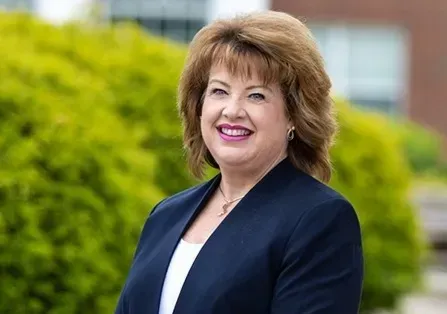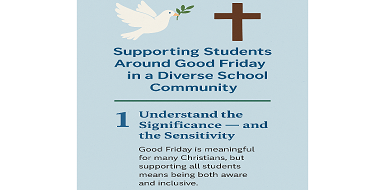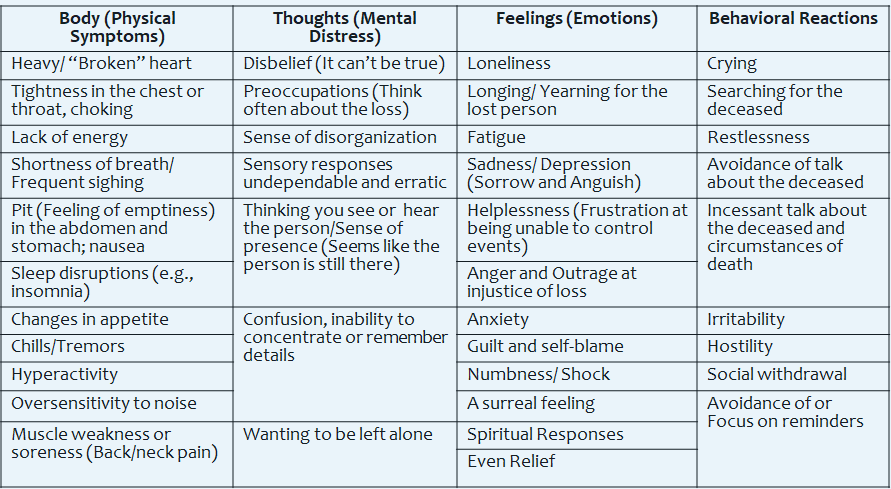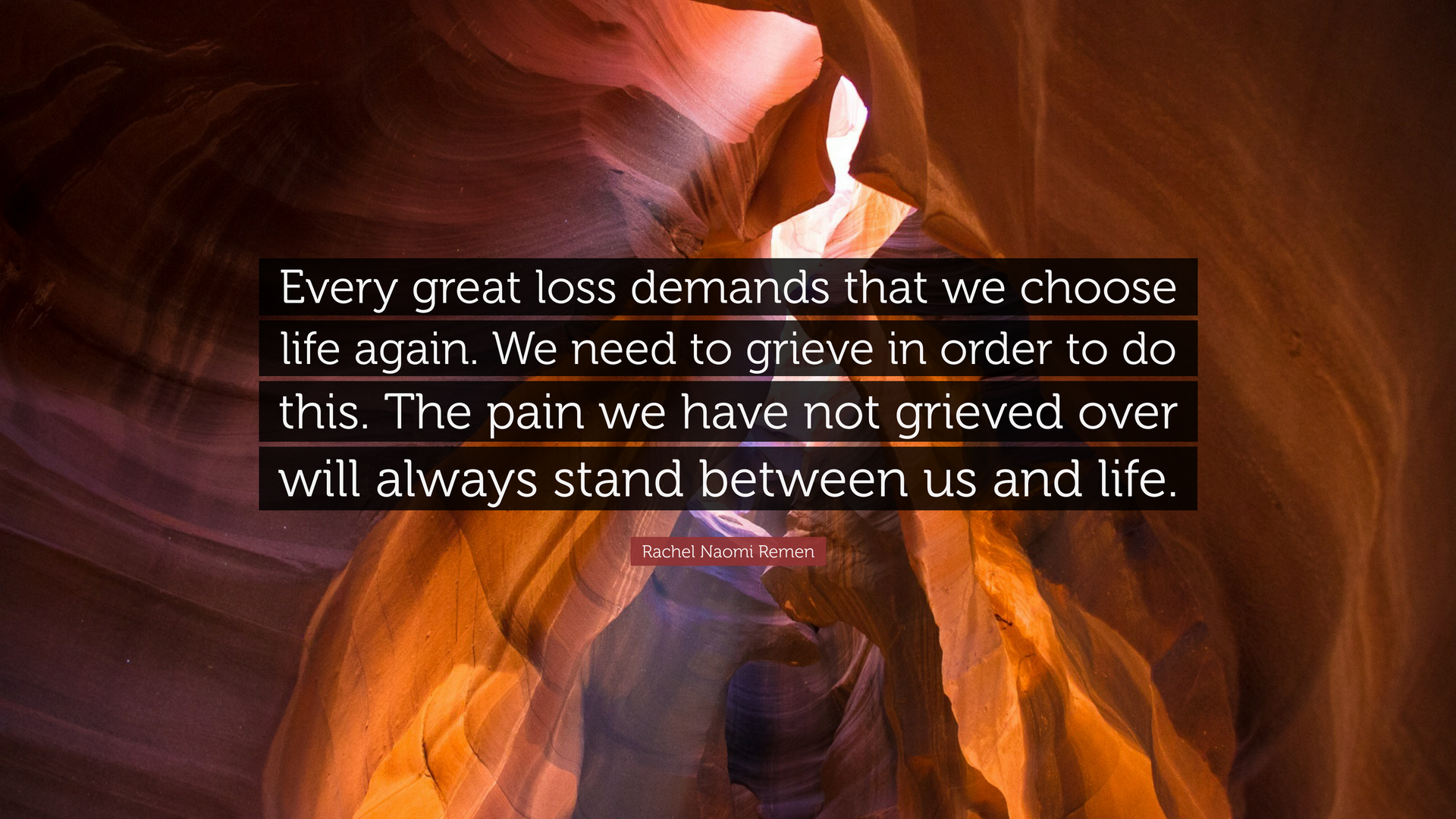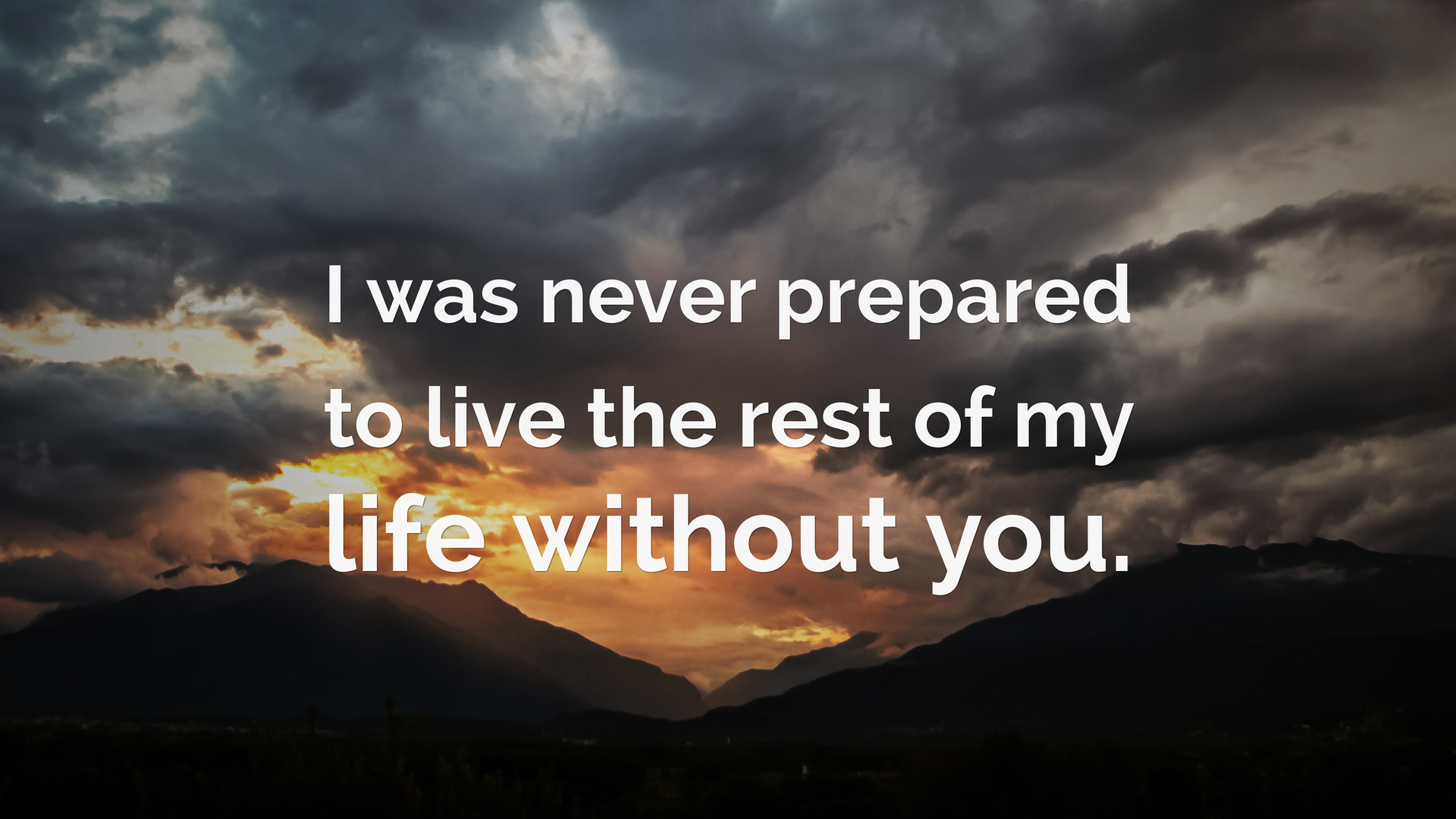Supporting Students Over Winter Break
A Guide for School Counselors

The winter break is often a time of joy and celebration, but for many students, it can also be a period of stress, grief, or hardship. School counselors play a crucial role in preparing students and families for this extended time away from the structured support of school. By focusing on proactive measures and resources, counselors can ensure that all students, particularly those facing difficulties, feel supported during the holiday season.
Identifying At-Risk Students
Before the break, school counselors should take steps to identify students who may face challenges during the holidays. This includes:
- Grief and Loss: Students who have experienced the loss of a loved one may find the holidays especially difficult. Be sensitive to their needs and provide resources for coping.
- Domestic Issues: Students in homes with conflict or instability may need additional support. Check in with these students individually and collaborate with teachers to monitor their well-being.
- Economic Hardship: Students from low-income families may face financial strain, making the holidays stressful rather than joyful. Ensure these families know about available resources.
Providing Resources and Support
School counselors can help students and families navigate the challenges of winter break by offering tailored resources and support:
- Counseling Referrals: Provide families with a list of local counseling services, hotlines, and mental health resources. Ensure students are aware of whom to contact in a crisis.
- Community Assistance Programs: Share information about food banks, holiday gift drives, and other community resources that can help alleviate financial pressures.
- Emergency Contacts: Offer students and families a list of emergency numbers, including child protection services, local shelters, and crisis hotlines.
Emotional Resilience Activities
Helping students develop coping strategies can make the winter break more manageable. Consider these approaches:
- Journaling Prompts: Encourage students to write about their feelings, hopes, and challenges over the break. Provide prompts that focus on gratitude and resilience.
- Mindfulness Exercises: Teach students simple mindfulness techniques, such as deep breathing or visualization, that they can practice at home.
- Positive Goal Setting: Work with students to set small, achievable goals for the break, giving them a sense of purpose and accomplishment.
Building a Support Network
Encourage students to identify trusted adults and peers who can provide emotional support during the holidays. Facilitate connections by:
- Family Engagement: Collaborate with families to create a supportive environment. Provide tips on how to foster open communication and understanding.
- Peer Mentorship: Pair students with peer mentors who can check in with them over the break, if appropriate.
- Community Groups: Recommend local youth groups, clubs, or programs that can offer companionship and positive engagement during the holidays.
Preparing Teachers and Staff
Teachers and other school staff can play a vital role in identifying and supporting students who may struggle over the break. Offer professional development or resources on:
- Recognizing Signs of Distress: Train staff to identify signs of anxiety, sadness, or withdrawal before the holidays.
- Providing Encouragement: Encourage teachers to write positive, personalized notes to students, boosting their confidence and sense of belonging.
Following Up After the Break
When students return to school, it is important to follow up and ensure they transition smoothly back into their routines. Consider these strategies:
- Check-Ins: Schedule one-on-one or group sessions with at-risk students to discuss their experiences over the break and address any concerns.
- Group Support: Organize small groups for students dealing with similar challenges, such as grief or family issues, to foster peer support and understanding.
- Evaluate Needs: Work with teachers to reassess the needs of students who may require additional academic or emotional support post-break.
Final thoughts
The winter break presents unique challenges for many students, particularly those grappling with grief, domestic instability, or financial hardship. By taking proactive steps to identify at-risk students, provide resources, and promote emotional resilience, school counselors can ensure that all students feel supported and prepared to face the holiday season. Through compassion, collaboration, and careful planning, counselors can make a lasting impact on their students' well-being during this critical time.
I am a school counselor turned counselor educator, professor, and author helping educators and parents to build social, emotional, and academic growth in ALL kids! The school counseling blog delivers both advocacy as well as strategies to help you deliver your best school counseling program.

I'm a mother, grandmother, professor, author, and wife (I'll always be his). Until October 20, 2020, I lived with my husband, Robert (Bob) Rose, in Louisville, Ky. On that awful day of October 20,2020, my life profoundly changed, when this amazing man went on to Heaven. After Bob moved to Heaven, I embraced my love of writing as an outlet for grief. Hence, the Grief Blog is my attempt to share what I learned as a Counselor in education with what I am learning through this experience of walking this earth without him. My mission is to help those in grief move forward to see joy beyond this most painful time.
